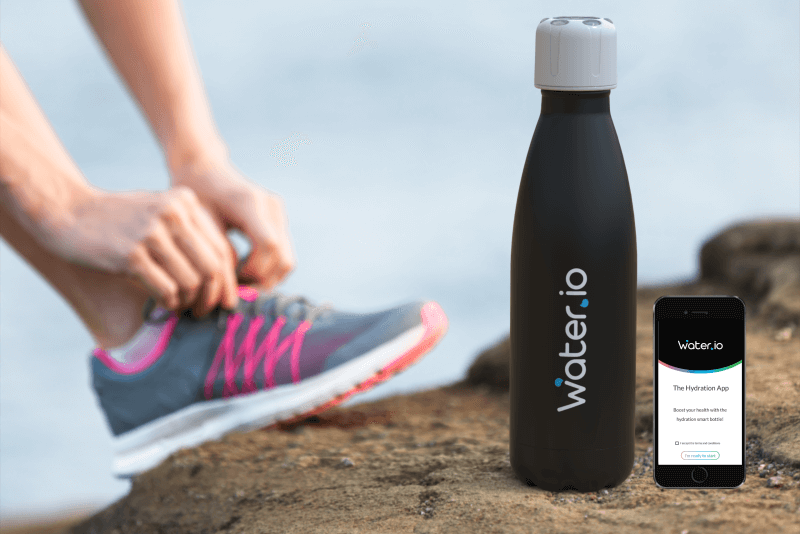Over the last few years, consumers have become increasingly environmentally aware. According to a global Nielsen survey from 2018, around 81% of consumers believe that companies have a duty to take care of the environment.
This belief is held by both men (80%) and women (81%). It’s also something that is important to all generations. Millennials are the most eco-friendly, with 85% of them feeling that the environment matters a lot, while baby boomers are next in line (72%), and even a majority of the silent generation (65%) place a lot of importance on eco-friendliness.
The environment is so important to shoppers that 72% say they’re buying more environmentally friendly products today than they were five years ago, and 81% say that over the next five years they plan to increase the amount of environmentally friendly goods they buy. What’s more, according to Accenture, more than half of all shoppers say they’re willing to pay a premium for an environmentally friendly version of a product.
The Plastic Problem
Plastic packaging is perhaps the biggest problem facing the supplement industry today. While the efforts of governments around the world to reduce the prevalence of single-use plastic bags through taxation or outright bans has had some impact, those efforts are still in their infancy and may not be enough.
Plastic bags are just a part of the problem. Tubs, jars and bottles also contribute to the problem. Plastic packaging is typically not biodegradable and is rarely reused, instead it ends up in landfills.
How Your Brand Can Make a Difference
The dietary supplement industry is one that faces many challenges in terms of sustainability. Shoppers purchase huge tubs of powders every month, and also go through bottles of vitamins, minerals or other supplements on a regular basis.
The ingredients that are used in supplements are also a challenge. In a world where consumers are increasingly aware of the concept of ‘food miles’, how can you persuade them to consider your supplements?
Choose Ethical and Sustainable Ingredients
Perhaps the most impactful thing you can do is to choose your suppliers carefully. Ask your suppliers difficult questions and make sure you understand exactly where your ingredients are coming from. If you’re using a central supplier, make sure there’s full supply chain transparency and that you know how they source and engage with their suppliers.
Engage third-party validators and check the criteria that are set for sustainable sourcing. Take into account not just the environmental aspects, but also humanitarian ones. Are farmers paid a fair price? Are you importing ingredients from another continent or are you working with local producers to reduce the carbon footprint of the ingredients you purchase, support ethical farming, and help businesses in your area?
Use Sustainable Packaging
Wherever possible, choose sustainable packaging. If your product requires plastic packaging, use 100% recycled plastic and consider offering a ‘refill pouch’ version of the product to encourage buyers to re-use the plastic container in the future.
If the product can be packaged in cardboard, use 100% recycled cardboard and encourage your customers to recycle the cardboard every use.
Cardboard is even a better choice than glass, since it’s lighter, which means it costs less energy to transport. In addition, cardboard can be recycled over and over, and recycling facilities are widely available. Glass, while also recyclable, often ends up simply being thrown in the standard household waste bin.
Monitor Your Production Chain
Choose a production facility that is sustainable and invest resources into making sure everything operates as efficiently as possible. Use a renewable energy tariff, make sure your machines are energy efficient, and monitor your water usage.
Choose a production facility that is sustainable and invest resources into making sure everything operates as efficiently as possible. Use a renewable energy tariff, make sure your machines are energy efficient, and monitor your water usage.
Sustainable Products Make for Sustainable Brands
In the short term, it may seem like investing in the environment is an unnecessary expense, especially if it drives up the cost of your products. Consumers have made it clear that they want eco-friendly options. Between 2013 and 2018, 50% of the growth in consumer packaged goods came from sustainability-marketed products. If you’re not investing in that trend, you will lose out to companies who do.
Invest in the environment, and consumers will invest in you.





